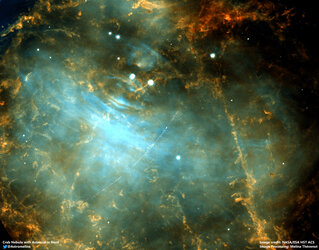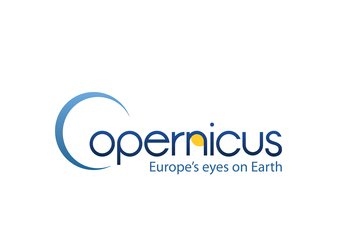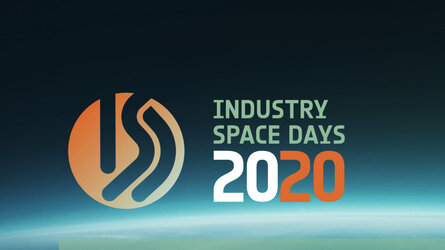ESA Startup competition announces four winners
The four winners of ESA’s Startup competition are using space to solve problems on Earth. Each startup company presented their business proposals to delegates online at ESA’s Industrial Policy Committee meeting on 29 June.
In a session led by Eric Morel de Westgaver, ESA Director of Industry, Procurement and Legal Services, each startup outlined their proposal and answered questions from Member State delegates.
The four winning startups were selected from a total of 101 applicants. Over a period of two months they were judged on the team, business model, societal impact of the project and usefulness, and quality of the proposal. This process involved Member State Business Incubation Centres, ESA scientific, business and legal experts, and ESA’s Inspector General. All 22 Member State delegates voted unanimously on the final winners. Such was the quality of the entries that third place was shared by two startups.
The winners will receive expert advice through a mentoring grant tailored to their specific needs. ESA also invites the winners to present at the Global Space Congress to be held in Abu Dhabi in May 2021.
“Each proposal makes sound business sense and will have a very positive societal or environmental impact,” Eric explained. “The people behind these ideas are experts in their fields who have spotted opportunities in the market. Their dedication and commitment teamed with ESA’s recognition and support gives them the boost needed to bring these ideas to fruition.”

Water is crucial to life on Earth but millions of cubic metres are wasted annually via leaks along buried pipelines.
Cosmic Srl in Italy is overall winner of the ESA Startup competition. They propose to further develop their neutron detector-based concept to make a low-cost device that is easy to install on any vehicle to measure the water content of the ground around pipelines and identify leaks.
The technology works on the premise that cosmic rays that constantly shower Earth are absorbed by hydrogen, a component of water. The idea is based on measurements with a detector that counts cosmic rays in a certain energy band. The count will decrease if the rays are absorbed by a body of water. Data collected are cross-referenced with GPS positioning provided by satellite navigation and continuously sent to a server for realtime data analysis based on artificial intelligence to detect water leaks.
Hawa Dawa came second place, and joint third came Orbital EOS and ConstellR.

Hawa Dawa in Germany has created a global air quality management platform driven by Earth observation satellite data, ground-based measurements, the Internet of Things, artificial intelligence and machine learning technology.
Improving air quality is a crucial part of creating sustainable and resilient cities. Hawa Dawa’s modelling system provides information that can help decision-makers to factor in implications for air pollution in traffic management, urban development and healthcare.

About two million tonnes of oil is spilled into our seas from oil platforms and ships, most of which goes undetected. Orbital EOS in Spain have developed the first commercial platform called ‘EOS Viewer’ which combines artificial intelligence with Earth observation radar and optical satellite data from the EU's Copernicus programme to detect and characterise these oil spills.
Orbital EOS offers a 10–50% cost reduction in overall monitoring and more analysis data on the characteristics of any spill. By working with oil companies and authorities, this company hopes to create a more responsible approach to marine pollution.

With the first demonstrator in orbit next year, ConstellR in Germany will start building its thermal infrared CubeSat constellation which will complement data from the Copernicus programme to provide a high-resolution land surface temperature monitoring service. At 3% of the cost of traditional systems it will monitor the health of crops globally, daily, and on the level of a single field.
This system can help farmers increase crop yield while reducing water and fertiliser usage and supports governments as well as industries in recognising and preparing for the effects of environmental changes.
To learn more about these winners, join the opening session of the virtual ESA Industry Space Days on Wednesday 16 September 2020, where they will introduce themselves and will be available for virtual appointments with industry and space agency representatives.















 Germany
Germany
 Austria
Austria
 Belgium
Belgium
 Denmark
Denmark
 Spain
Spain
 Estonia
Estonia
 Finland
Finland
 France
France
 Greece
Greece
 Hungary
Hungary
 Ireland
Ireland
 Italy
Italy
 Luxembourg
Luxembourg
 Norway
Norway
 The Netherlands
The Netherlands
 Poland
Poland
 Portugal
Portugal
 Czechia
Czechia
 Romania
Romania
 United Kingdom
United Kingdom
 Slovenia
Slovenia
 Sweden
Sweden
 Switzerland
Switzerland

































